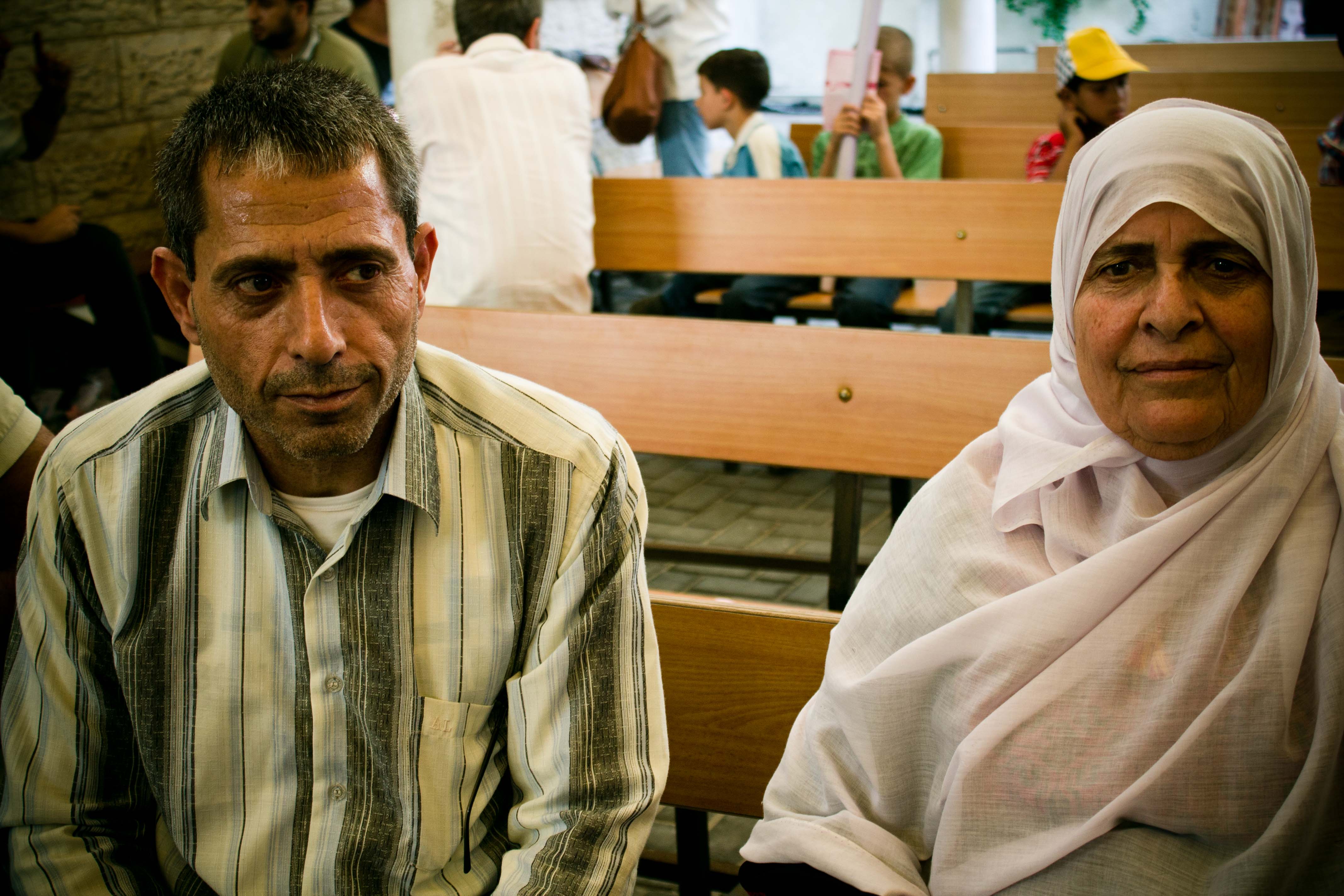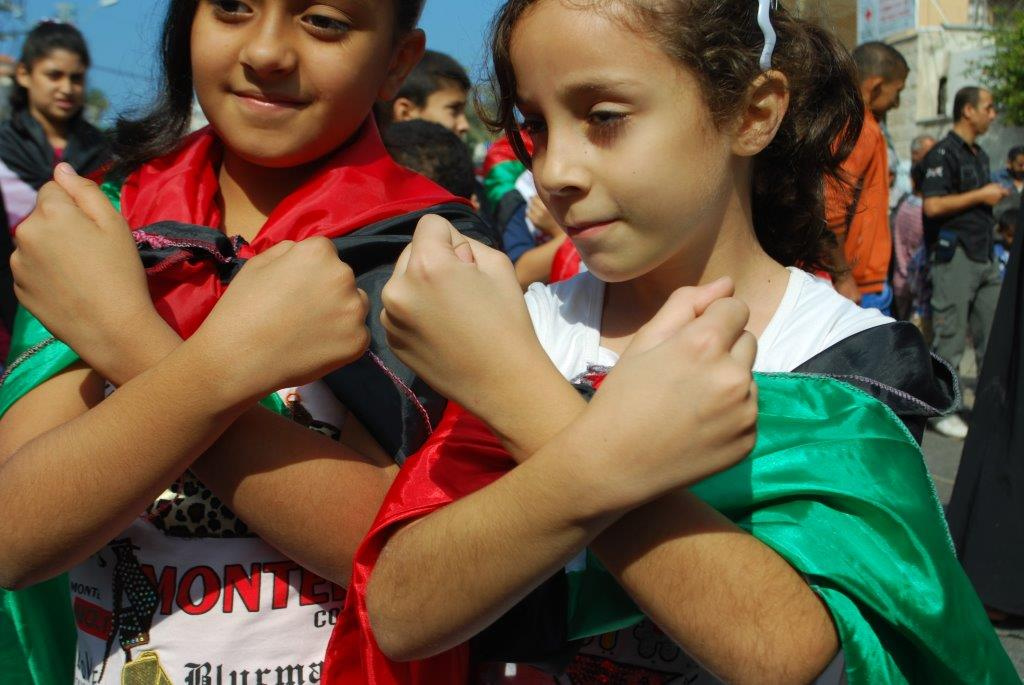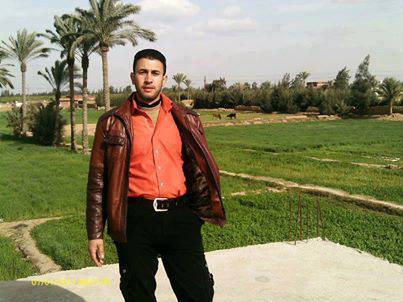Tag: Prisoner
-
Photo: A freed detainee joins his mother at the Gaza protest she began 18 years ago
18th October 2013 | International Solidarity Movement, Gaza Team | Gaza, Occupied Palestine Ibrahim Baroud joined his mother, Ghalia Baroud, or Um Ibrahim, at Gaza’s weekly sit-in for Palestinian prisoners, which she co-founded, on Monday morning. Baroud, a former Palestinian detainee, was captured by Israeli forces on 9 April 1986, at the age of 23.…
-
Photos: Gaza supporters rally for Alaa Hammad, keep weekly vigil for Palestinian detainees
16th October 2013 | International Solidarity Movement, Gaza Team | Gaza, Occupied Palestine Palestinians rallied outside Gaza’s International Committee of the Red Cross (ICRC) office Monday morning to support Alaa Hammad, a Palestinian-Jordanian on hunger struck since May 2 against the conditions of his detention by Israel, and other Palestinian detainees. Families and supporters also…
-
Gaza man “kidnapped” by Israel in Sinai, says family
11th October 2013 | The Electronic Intifada, Joe Catron | Khan Younis, Occupied Palestine The abduction of a Palestinian-Egyptian from the Sinai on the eve of Egypt’s 3 July coup has highlighted the network of collaborators and agents working with Israel in the peninsula. Wael Abu Rida crossed the Rafah border from Gaza into Egypt on 6 June with his family, including…



